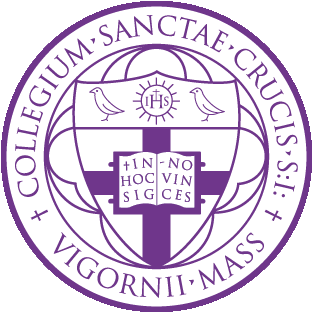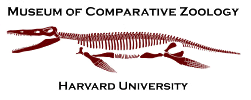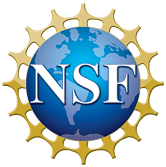Left Ulna (Lower Arm Bone ) of the Black-legged Kittiwake Rissa tridactyla (MCZ 337080)
Rotate: left click on mouse
Zoom: right click on mouse (PC) or command and click (Mac)
Move: left and right click simultaneously (PC) or shift and click (Mac)
| Phylogenic Position | |
|---|---|
| Aves - Neognathae - Charadriiformes - Laridae - Rissa - Rissa tridactyla | |
| Species Description | |
|
|
|
| Specimen Information | |
| Species | Rissa tridactyla (Black-legged Kittiwake) |
| Element | Left Ulna (Lower Arm Bone ) |
| Specimen Number | MCZ 337080 |
| Sex | |
| Location | USA: AK: Aleutian Is. Buldir Is. |
| Geological Age | Recent |
| Technical Information | |
| Scanner | Konica Minolta Range7 |
| Resolution | 40 µm |
| Number of Data Points | 56522 |
| Number of Data Polygons | 28263 |
| Date Scanned | July 06, 2011 |
| Scan Technician | Ariana Masi |
| Edited By | Ariana Masi |
| Photographs | |
|
View All 5 Images |
|
| Download Digital Model | Size |
| STL File Not Publicly Available | 2.8 MB |
| Other Rissa tridactyla (Black-legged Kittiwake) Elements | |
| Specimen | Element |
| MCZ 337080 | Mandible (Jawbone ) |
| MCZ 337080 | Right Humerus (Right Upper Arm Bone) |
| MCZ 337080 | Furcula (Wishbone) |
| MCZ 337080 | Left Tibiotarsus and Fibula (Left Middle Leg Bones) |
| MCZ 337080 | Right Tibiotarsus and Fibula (Right Middle Leg Bones) |
| MCZ 337080 | Right Femur (Right Femur) |
| MCZ 337080 | Left Femur (Left Upper Leg Bone) |
| MCZ 337080 | Sternum (Breast Bone) |
| MCZ 337080 | Left Tarsometatarsus (Left Fused Element Consisting of Ankle and Middle Foot Bones) |
| Institution Data Use Policy | |
| http://www.mcz.harvard.edu/privacy/user.html | |




